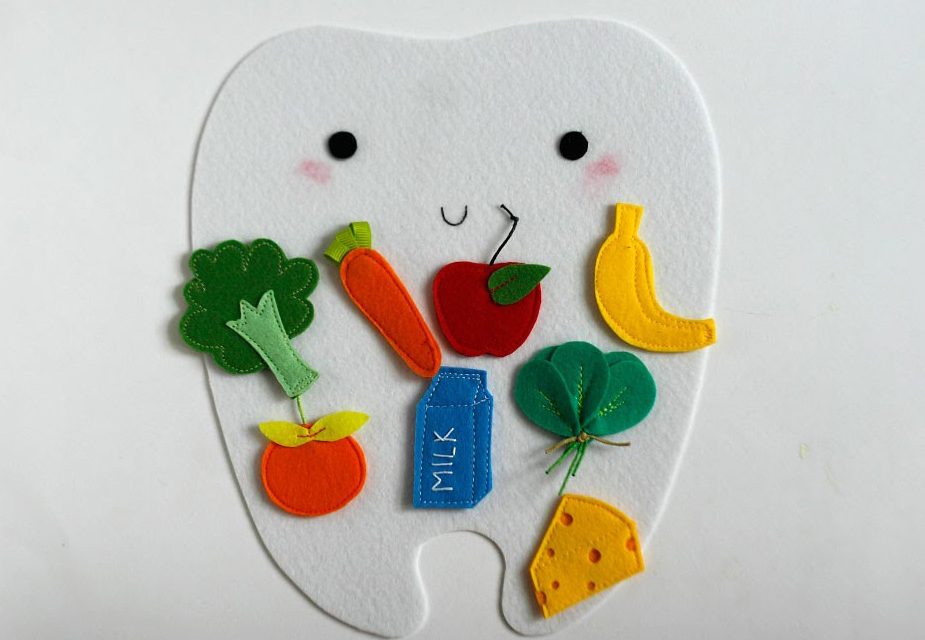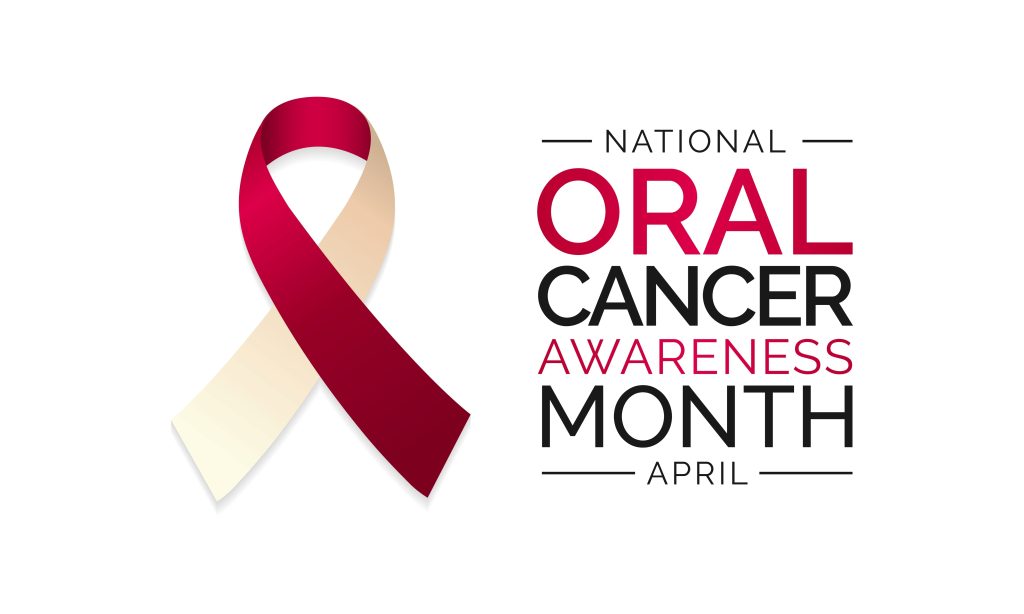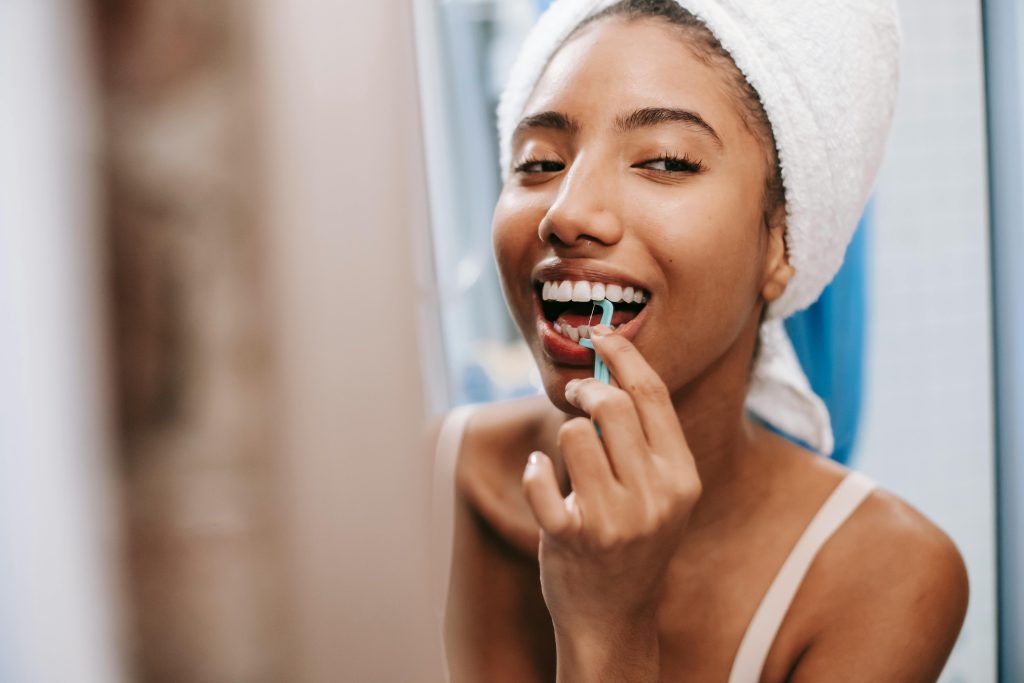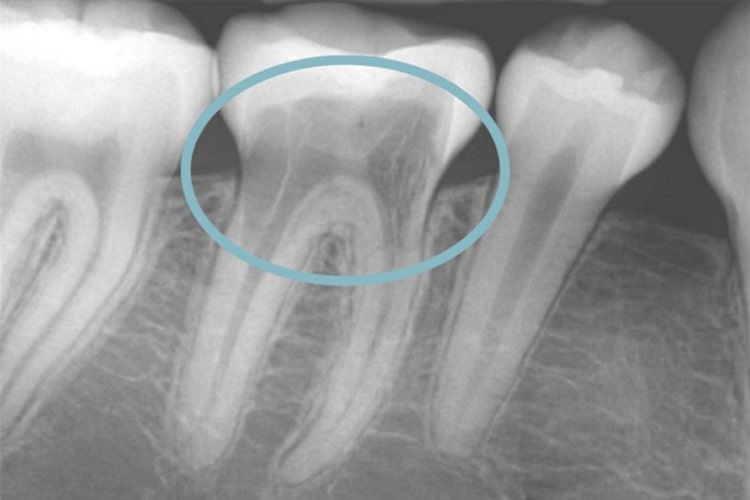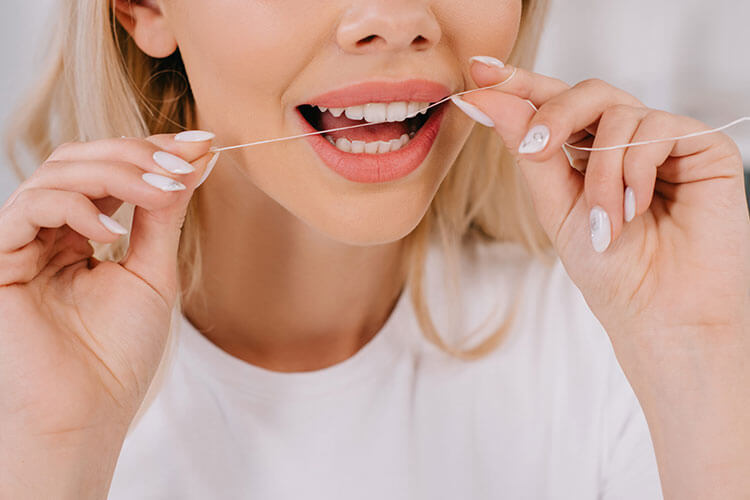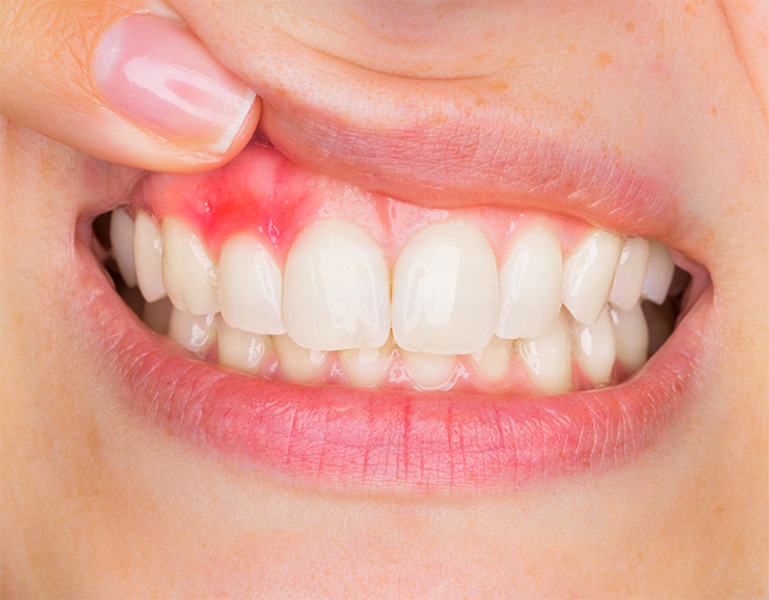St. Lawrence Dentistry offers several modern ways of treating dental cavities. However, it is, of course, better to try and prevent them in the first place.
Food and drink modifications can help control the incidence of dental decay. For example, some foods prolong the teeth exposure to acids, and when you couple that with sugary carbonated beverages, it is pretty easy to develop dental decay.

Our eating and drinking habits have changed in a generation- this has given rise to a resurgence in dental decay. In the last generation, so-called energy drinks were tea and coffee, and people usually served them unsweetened. Today they have been replaced mainly by carbonated soft drinks that sometimes come in 20-ounce containers. Seven-ounce bottles were the standard in the past, and they were only drunk on special occasions. Food companies have steadily added to the sugar amounts contained in many foodstuffs. Soda dispensing machines are everywhere, and advertising encouraging overconsumption is prevalent. Many of these beverages are super caffeinated and have low pH (high acidity). Many of these drinks come with a “pop off lid” container and contain 2-3 servings. However, there is no way to reseal the containers, which encourages drinking them all at once. Many people sip these sugar/caffeine beverages all day and hence have an increased incidence of dental decay. It is a significant health challenge. St. Lawrence Dentistry encourages you to consider some of the more healthy choices below for your teeth.
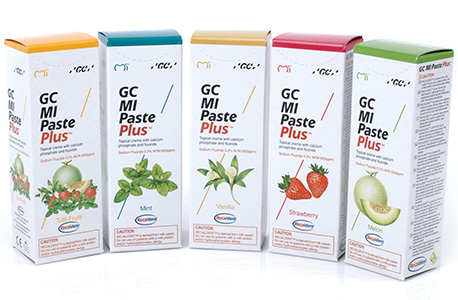
Cheese has good anti-cavity properties. It contains calcium and supports a rise in the oral pH level. In addition, it triggers salivary formation, and it hardens enamel. Therefore, it is a wise food choice in many respects. Cheese also contains Recaldent, which is a compound that has anti-cavity properties. It is also called CPP-ACP (casein phosphopeptide-amorphous calcium phosphate). Recaldent has fantastic remineralization properties. The neat thing about CPP, when bound to ACP, is that at pH 5.3, a dissociation occurs, and immediately that ACP is available to be uptakes by the tooth (which strengthens it) and can neutralize acids in the mouth. Therefore slowly chewing cheese and exposing it to your teeth is a good choice in combating dental decay. Recaldent also comes in a product form known as MI paste and is available at St. Lawrence Dentistry. However, if you are worried about the high cost of commercial Recaldent products, an alternative is to rub cheese on your teeth gently.
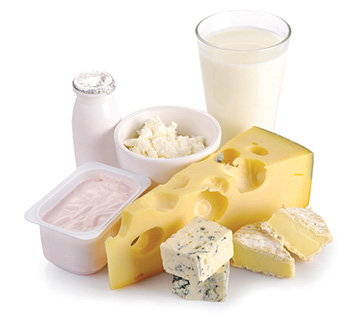
Milk can help bring up pH levels. For example, an American Dental Association journal study found that milk significantly reduced mouth acid levels even when the test person was consuming acidic breakfast foods such as the famous “fruit loops”.
Apple juice does not have any cavity prevention effect and is, in fact, acidic. However, an apple in and of itself has a much lower acidic content than the same volume of juice. And because of the chewing involved in eating, it stimulates saliva, making it a much healthier choice than the juice form.
Good herbal cavity management products are the horizons known as nutraceuticals (things that are nutritious but have a therapeutic impact). An excellent example of natural products with tremendous dental benefits is “green and black tea”. Teas reduce oral pathologies at the DNA level in soft tissues. The phenols in tea also offer cavity prevention by inhibiting bacteria. Green or black tea (if you’re not adding sugar or milk) are great anti-cavity drinks to enjoy after a sweet snack. Tea is better for your teeth than coffee. The pH of coffee is relatively low, and caffeine can dry out the saliva. Remineralization of teeth cannot occur in a dry environment.
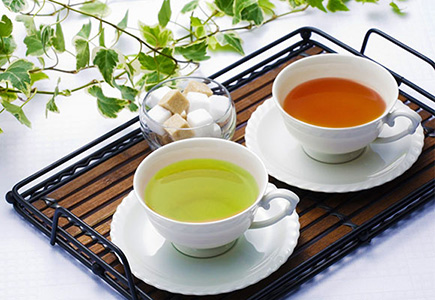
The old Chinese herb licorice root has demonstrated substantial antimicrobial activity against the cavity-causing bacteria “strep mutans”. Liquorice lollipops significantly reduce childhood cavities. The problem is children are not always fond of the taste of licorice. The lollipop form is good because it stays in the mouth long enough to have an action against the step mutans biofilm, which causes cavities. If you swish and swallow something, it won’t be as effective.
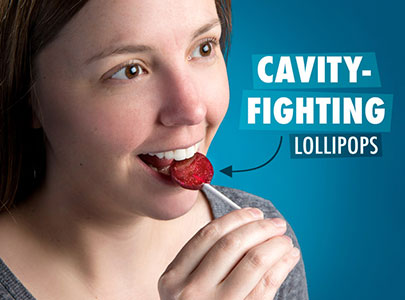
A Grape seed extract has “proanthocyanidins”, potent antioxidants, and anti-bacterial and anti-inflammatory properties. They can stimulate the immune system and strengthen collagen. When cavities form in a tooth collagen strands, get exposed, and we need something to preserve the collagen. The extract will increase collagen crosslinks.
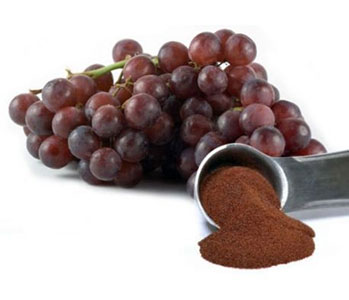
The papaya fruit also has nutraceuticals. For example, its enzyme “papaya proteinase” is available in the form of papain gel. You can apply the gel to dental cavities, which will help prevent dental decay. In addition, consuming papaya encourages metabolism, eases indigestion, and assists with constipation. The papain is a natural digestive enzyme that breaks up foods aggravating the stomach.
Dry mouth disproportionately affects the elderly and contributes to root cavities. Aloe vera gel juice is an excellent mouth moisturizer and hence can protect against dental decay. It also has other benefits, such as helping to alleviate joint pain. Ginger is another herbal “sialogogue”. Denture patients tend to be among the worst sufferers when it comes to dry mouth, and a lot of times, they lose their teeth due to dry mouth in the first place. Prickly cactus extract is another promising natural product on the horizon which researchers are looking into for possible benefits for dry mouth.
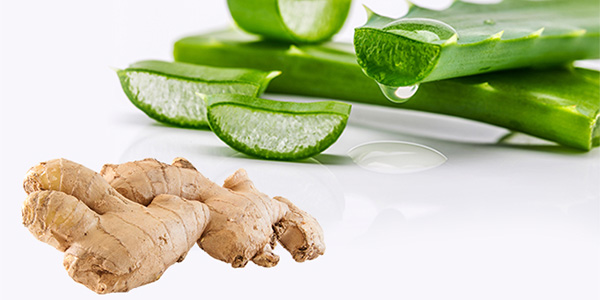
St. Lawrence Dentistry’s goal is for our patients to keep their teeth for a lifetime. We hope these natural suggestions can be of use to you. If you are looking for a dentist in the Mississauga area, please give us a call.
Reference:
Viva Learning: Dietary Considerations: Plant-derived & Food-derived Cariostatic Agents
https://www.hindustantimes.com/fitness/ginger-papaya-yoghurt-8-foods-that-ll-help-you-deal-with-an-upset-stomach/story-o7APSNsfX2oPBOCHpRGDCP.html
- Detecting Oral Cancer Early: The Importance of Regular Screenings - April 7, 2024
- The Ultimate Guide to Dental Hygiene: Tips for a Healthy Smile - March 31, 2024
- Unraveling the Mystery of Tooth Resorption with St. Lawrence Dentistry - March 28, 2024



